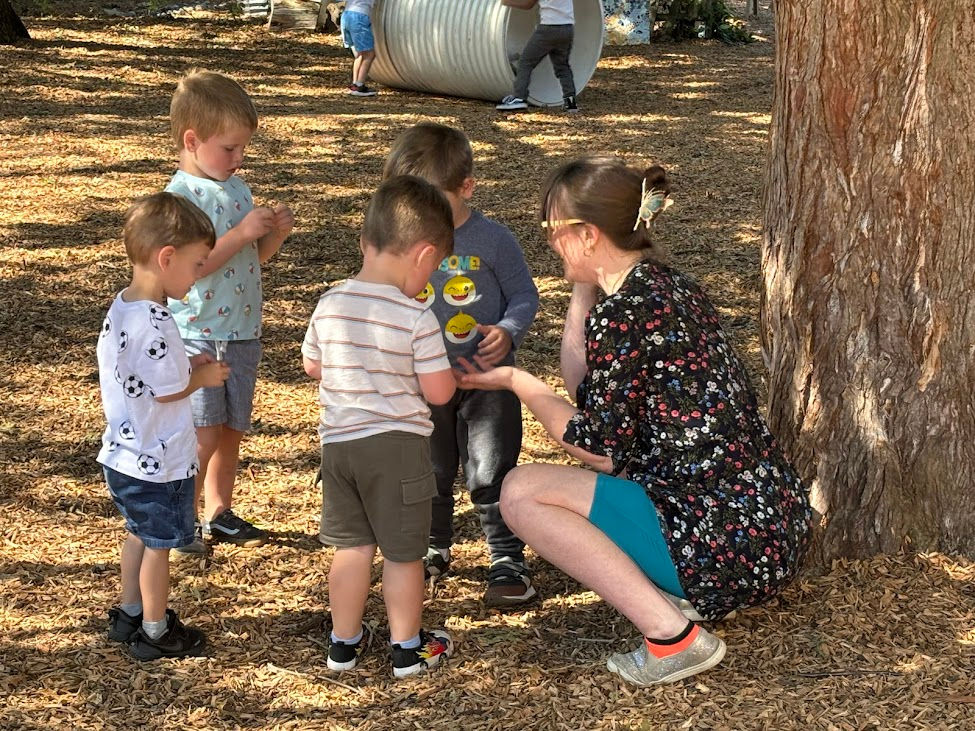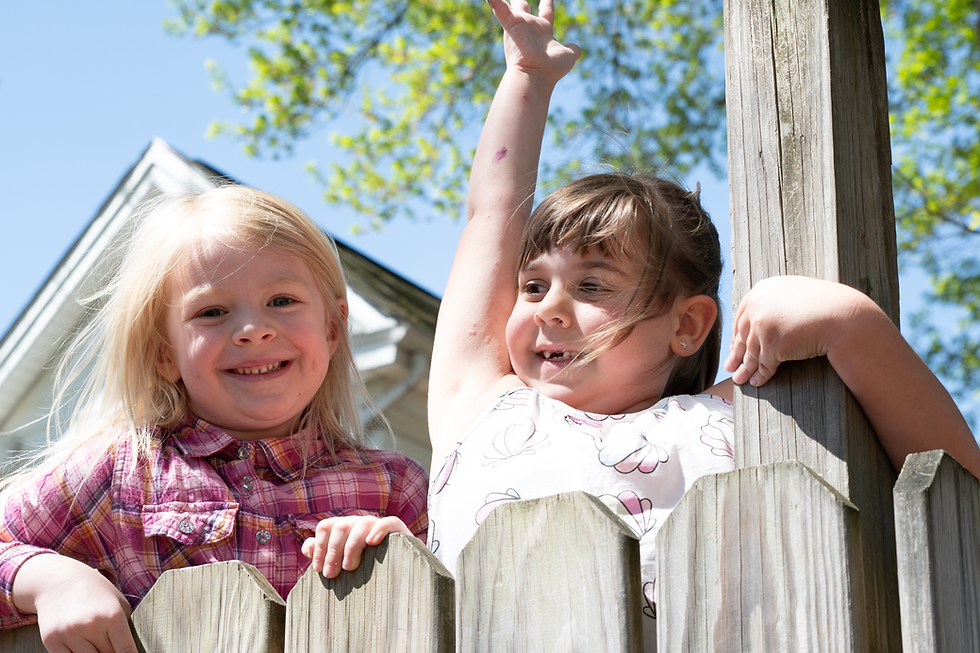What Does Quaker Education Look Like in Preschool and Kindergarten?
- UFS Editorial
- Jul 24, 2025
- 3 min read
Updated: Oct 30, 2025
At United Friends School, our youngest learners—our Preschool and Kindergarten friends—are already practicing what it means to live in a caring community, listen deeply, and discover the joy of learning. While Quaker education is often associated with older students, its foundation is built right here, in these earliest years of wonder, collaborative play, and wide-eyed curiosity.
Quaker education isn’t a set of lessons about values. It’s a way of being together. For young children, this means creating a classroom environment where kindness, curiosity, and respect are woven into everything we do.

Building a Caring Community
One of the most important parts of Quaker education is the sense of community. In our Preschool and Kindergarten classrooms, children gather each morning for Morning Meeting to greet each other, share their thoughts, and settle into the day. These gatherings aren’t just routines. They’re daily practice in being present, listening with care, and feeling seen.
With a small school community, every child is known and valued. Teachers nurture friendships, encourage collaboration, and guide children in peaceful conflict resolution. When disagreements happen, as they naturally do, children are given the tools and language to solve problems together, always returning to the core idea that each person has an inner light and deserves respect.

Learning through Play and Purpose
Play is the heart of early childhood education at UFS, but it’s not just free play. It’s purposeful exploration. Whether friends are building in the block area, mixing colors in their art class, or gardening outside, they are developing critical thinking, problem-solving, and collaboration skills without even realizing it.

Project-based learning often begins with a simple question sparked by a child’s curiosity. A conversation about the weather might lead to a science investigation about clouds. A favorite story might inspire a collaborative mural or puppet show. These projects allow children to dive deeply into topics, fostering a sense of wonder and discovery.
Practicing Quaker Values Every Day
At this age, Quaker testimonies—simplicity, peace, integrity, community, equality, and stewardship—are not abstract concepts. They come to life in small, meaningful ways each day:
Simplicity in learning to appreciate the beauty of small moments.
Peace in learning how to navigate friendships and disagreements with care.
Integrity in being honest and taking responsibility.
Community in knowing we are part of a group that cares for one another.
Equality in ensuring every voice is heard whether it’s at snack time or circle time.
Stewardship in taking care of our classroom, our materials, and our earth.

Quiet Moments of Reflection
Even in the busy energy of early childhood, we create time for quiet reflection. Simple moments of silence help children settle, breathe, and become aware of their thoughts and feelings. These small practices plant the seeds for a lifelong habit of mindfulness.
Quaker education in Preschool and Kindergarten is gentle but powerful. It shapes children not just as learners, but as kind, thoughtful, and curious members of their community.
At UFS, we believe these early experiences lay the foundation for a lifetime of learning with purpose and heart.
If you're wondering whether UFS might be the right place for your child, we invite you to reach out. We’d love to talk with you, answer your questions, and show you around our warm and welcoming classrooms. Schedule a tour or contact us to learn more.
We look forward to meeting you.
%20-%201%20-%20Edited%20(1).png)



Comments